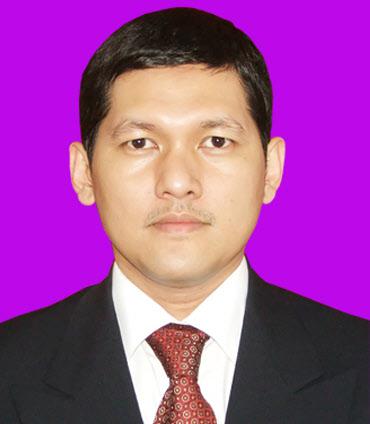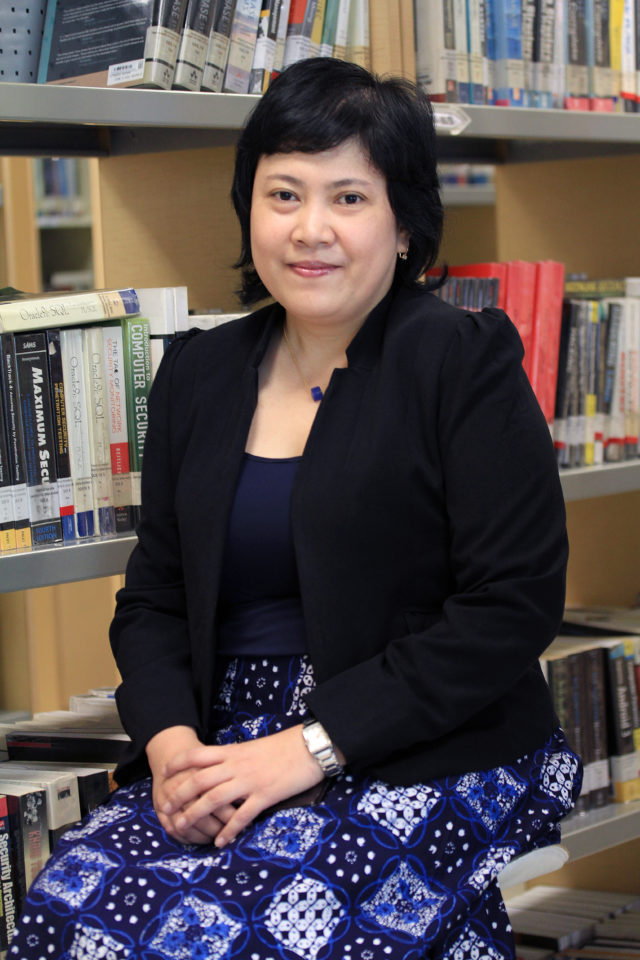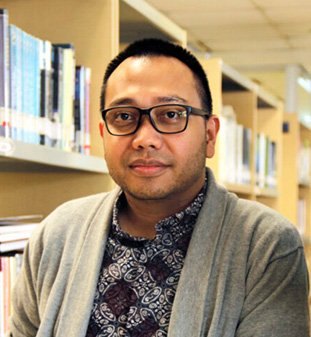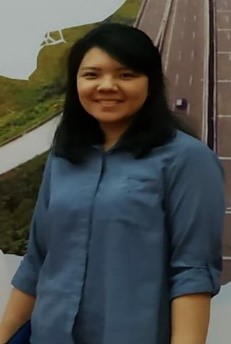Case Document
BUSINESS AND IT’S SUPPLIER: TAKATA AIRBAG RECALL
PERTAMINA OIL SPILL
The world community faces unprecedented ecological challenges in the 21st century, including climate change, resource scarcity, and threats to biodiversity. A critical task in coming decades for government policymakers, civil society organizations, corporate leaders, and entrepreneurial innovators will be to find ways to meet simultaneously both economic and environmental goals.
PERTAMINA has been awarded two platinum awards in the CSR Award (ICA) 2017, and an Appreciation Award presented by Sindo News Media for conducting CSR in the same year. However, PERTAMINA is also linked to controversial cases, such as the devastating oil spill in Balikpapan Bay in 2018 due to a leaked oil pipe. This is not a surprising news, as PERTAMINA allegedly experienced a leak from its oil pipes previously, in the year of 2004 and 2017.
The PERTAMINA oil spill case in Balikpapan Bay causes multiple adverse impacts to the environment, the surrounding society, and to the business itself. The ecological damage itself is estimated to be US $8.27 billion. The spill is said to be Indonesia’s worst environmental disaster from the last ten years. How can PERTAMINA manage environmental and business sustainability by reducing ecological damages and promote sustainable development? More importantly, how can the government help impose laws, regulations, and sanctions to help support environmental sustainability?
FAKE NEWS: A LOOK AT COMPLETELY UNTRUE HEADLINES
In a world where democracies are important, news organizations play a crucial role in the development of modern society. In other words, media organizations significantly influence society through their content. The character of the media is interesting in this regard. The media serves as a surveillance for public institutions and society, but media outlets are also business entities with the baggage of potential bias and interests that come with money.
As the press has grown into a massive and powerful existence, especially with the emergence of online media, there has been a significant change in reporting news from things that already happened to things that are happening. However, in order to provide 'real-time' news, the essence of journalism, which should strictly rely on the verification of facts, seems to be often neglected. Some of the most important aspects of the media's social responsibilities lie in the areas of ethical journalism, news accuracy, and media bias. The failure to appraise upon those aspects might cause public misinformation and, in the Indonesian context, social conflict.
In 2017, in West Kalimantan, Maman Budiman, a 53-year-old man was on March 26 attempting to visit his son in Amawang village in Mempawah regency when he was beaten to death by local people who suspected him of preying on children. Maman, who was a trader in petai beans (bitter beans), had been intending to deliver some rice and other foods to his son, Tedi (26) when he stopped to ask for directions. He was brutally bashed and detained at the village hall. At the time, false information on “massive” child kidnapping was being spread in the country through social media and chat apps which lead people to believe it. As people rely more on social media for news, there is a real risk of fake news hijacking Indonesian democracy. It is crucial that Indonesian schools teach children to practice critical thinking, so they can distinguish between facts and lies because media have a strong influence towards our children these days in order to get the standard perspective of the news and prevent bias on news media.
PT. PUCO: STRUGGLING ON BECOMING INDONESIAN VALVE MANUFACTURE
HARRIS HOTELS: CONNECTING THE DOTS BETWEEN HARRIS DAY AND CSR
GOOGLE’S CHINESE COMPROMISE: A CAPITALIST CAPITULATION?
THE BIRTH, BRIEF LIFE AND DEATH OF PATH
GRUNDFOS INDONESIA: MEASURING ELECTRICITY EFFICIENCY
The case study is a case study on energy efficiency accounting that leads to energy saving and CO2 reductions with cost saving as the financial result. This case study describes how Grundfos Indonesia as a pump supplier for PT. SRM, a chemical company in Indonesia, contributes to energy saving and Co2 reduction that can lead to wider access to clean water by providing its advanced inverter pump technology to its consumer.
The case study covers the introduction on Grundfos Group and Grundfos Indonesia, followed by the understanding of pump life cycle cost to enhance students’ experience and learning in studying the case. The role of PT. SRM in the case study is as the background of the case in which Grundfos has successfully delivered its services.
The main concept of the course specific topic that is relevant to the case study is the consumers and suppliers engagement. Under the concept of stakeholder engagement, the case study describes how a seemingly marketing-oriented activity conducted by Grundfos as part of engagement agreed by PT. SRM can actually lead to energy saving, CO2 reduction and cost saving. In this case study, the stakeholder engagement is slightly different from the stakeholder engagement of consumers and suppliers described in the text book (Chapter 6). In the book, stakeholder engagement is generally described as an engagement “allowed” by the inviting organization. However, in the case study, the engagement started with the pro-active approach of Grundfos that eventually agreed to solution phase in which Grundfos becomes one of the suppliers of PT. SRM in pumping system. This difference in starting point can enrich student understanding on stakeholder engagement between suppliers and consumers. The kind of report and energy accounting done in the case study will also expose the students to actual practices of communication or accountability in the making between a supplier and a consumer.










